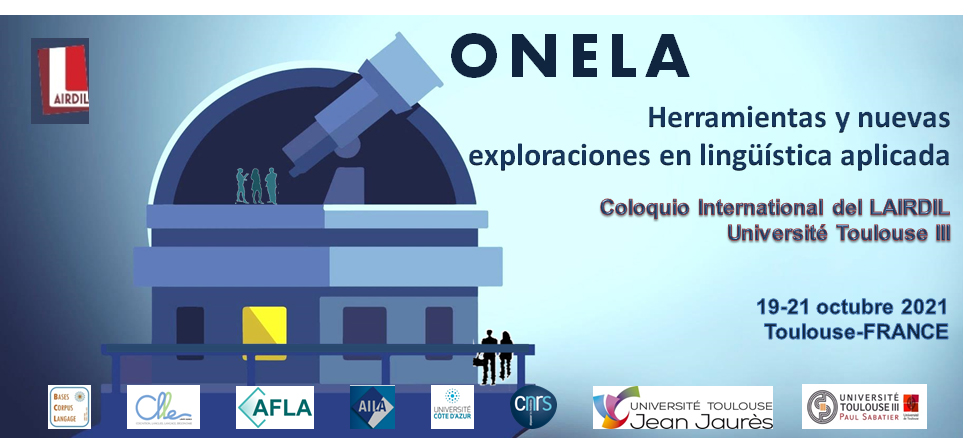Translation and interpreting studies are important for inter-cultural communication. Some studies have centered on inter-cultural business settings (ie. Janssens et al. 2004) ; some angled from translatioon and interpreting with ELF practice ( ie. Albl-Mikasa 2010&2014a) ; and some have explored potential problems such as objectivity ans quality etc. However, research on non-professional interpreting in inter-cultural business settings has been much left unexplored, with a few exceptions (ie. Takimoto 2008&2012). This research targets to explore as hoc ELF interpreting-an important yet unknown aspect in Chinese-European inter-cultural business settings, with the aim to increase understanding of its relation with professional business interpreting an its dynamic role in Chinese-European inter-cultural business communication.
The study uses qualitative methods, which includes 2-3 times' fieldwork in 1 to2 business organizations in China with ethnographic methods to collect multi-format data, including participation observation, qualitative interviews with experienced inter-cultural business professionals, text-format data such as work documents and audio/video recording of natural ad hoc ELF interpreting mediated business meetings. The whole research strictly follows GDPR rules to protect privacy and confidentiality of research participants. Data collection has been influenced by impacts from COVID-19 with on-site field research still pending to date. However, 25 qualitative semi-structured interviews with 13 research participants have been collected and processed with some initial findings indicating difference to many earlier studies, especially in that ad hoc interpreting and ad hoc interpreter as such, which plays a complex role in inter-cultural business communication, is an integral part of the dynamic communication process; besides, cultural knowledge and cultural intelligence(CQ) is important in ELF interpreting mediated Chinese-European inter-cultural business meetings.
Although data collection is still ongoing, initial findings indicate that in inter-cultural busines settings, such as business meetings, the communicative function of interpreting job needs to be further highlighted. Next, the analysis of qualitative data is planned to further explore the current interpreting practices, its weaknesses and corresponding problems from perspectives of both ELF ad hoc interpreting receivers and providers ELF in these Chinese-European inter-cultural meetings, so as to better understand the dynamics at play.
To this sense, the research would bring potential meanings not only to translation/interpreting teaching and studies, but also to inter-cultural (business) communication on a broader level.
Albl-mikasa, M. 2010. “Global English and English as a lingua France(ELF): implications for the interpreting profession”. Trans-kom 3(2): pp.126-148.
Albl-mikasa, M. 2014a. “The imaginary invalid: Conference interpreters and English as a lingua franca”. International Journal of Applied Linguistics 24(3): pp.293-311.
House, J. 2019. “Translation as a primer player in intercultural communication”. Applied Linguistics 41(1): pp 10-29
Janssens, M., Lambert, J. and Steyaert, C. 2004. “Developing language strategies for international companies: the contribution of translation studies”, Journal of World Business, Vol. 39 No. 4: pp. 414-30.
Takimoto, M. 2008. “ ‘Keeping an eye on all balls': Interpreters' functions in multi-party business interpreting situations”. Unpublished doctoral thesis, Monash University, Melbourne.
- Poster

 PDF version
PDF version

